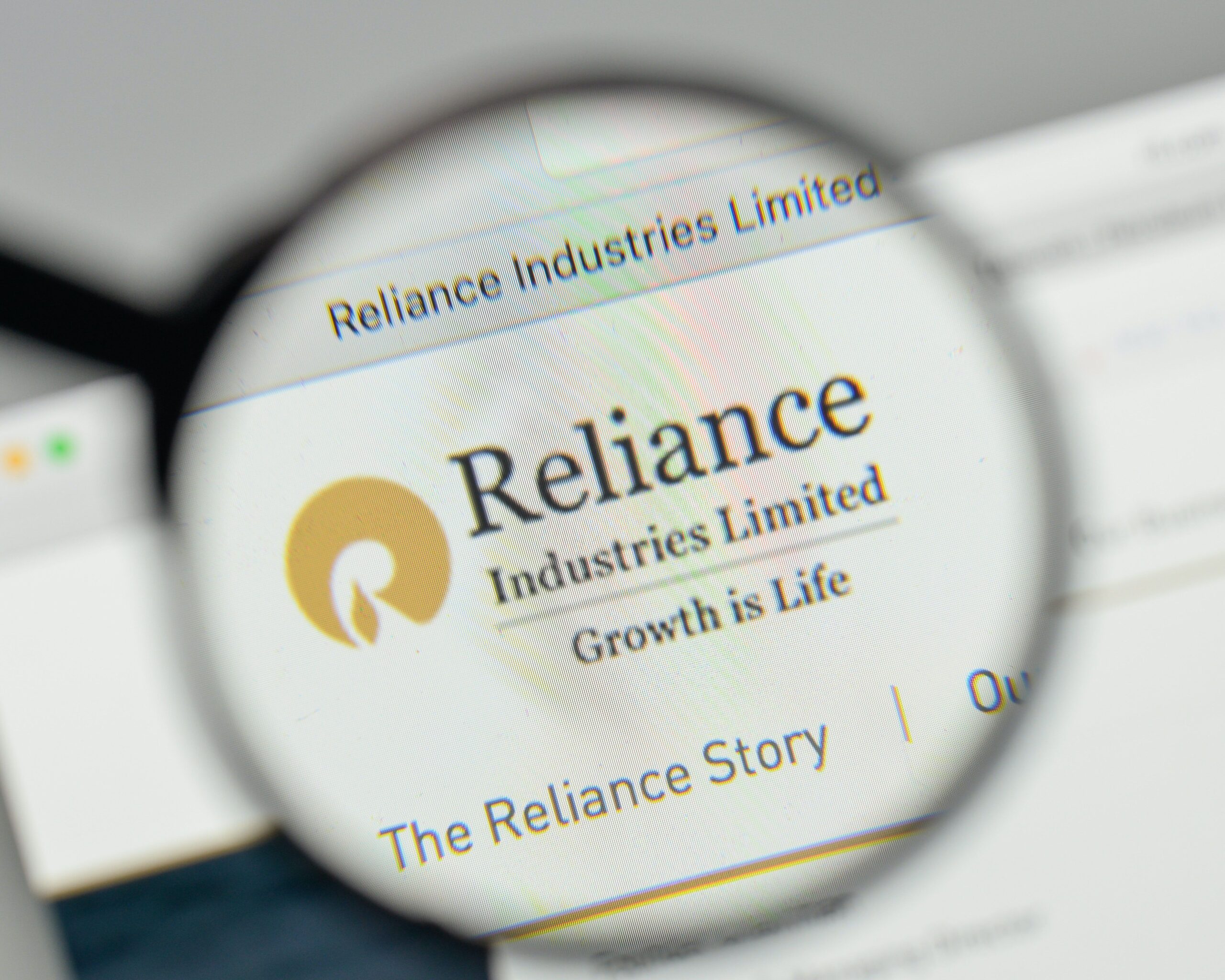
Reliance Industries Ltd , India’s most valuable company, reported a 22.5 percent surge in fourth-quarter profit on Friday, helped by higher fuel demand and margins at its mainstay energy business.
Revenue from the company’s O2C operations — comprising the world’s biggest refining complex at Jamnagar and petrochemicals plants — rose more than 44 percent to 1.46 trillion rupees.
Even as Reliance has diversified its businesses over the years to retail, telecom and recently green energy, the conglomerate’s oil-to-chemicals (O2C) operations continue to account for a bulk of its revenue.
“The gradual opening up of economies… sustained high utilisation rates across sites and improvement in transportation fuel margins and volumes have bolstered our O2C earnings,” chairman and managing director Mukesh Ambani said.
Revenue at the O2C business surged on the back of a steep rise in crude oil prices, with Brent crude up nearly 39 percent in the March quarter.
Western sanctions imposed on Moscow in response to its invasion of Ukraine has shrunk product supplies such as diesel and revved up refining margins globally. Russia calls its actions in Ukraine a “special operation”.
Reliance, which produces gas from an ultra deep water block in India’s east coast, benefited from higher production, price realisation and strong demand. Domestic gas prices are further expected to rise from October, the company said.
The conglomerate posted a consolidated profit of 162.03 billion Indian rupees in the quarter ended March 31, compared with 132.27 billion rupees a year earlier.
Reliance’s retail business, which took a hit due to pandemic-related lockdowns, posted a 23.2 percent jump in revenue benefiting from a rebound in consumer demand.
Telecom unit Jio Infocomm’s profit rose 24 percent, primarily driven by higher average revenue per user.
By Nallur Sethuraman and Chandini Monnappa; Editor: Shounak Dasgupta
Learn more:
Reliance Calls Off $3.4 Billion Retail Deal With India’s Future Group
India’s top retailer Reliance on Saturday called off its $3.4 billion deal with Future Group, saying it “cannot be implemented” after Future’s secured creditors rejected it.



